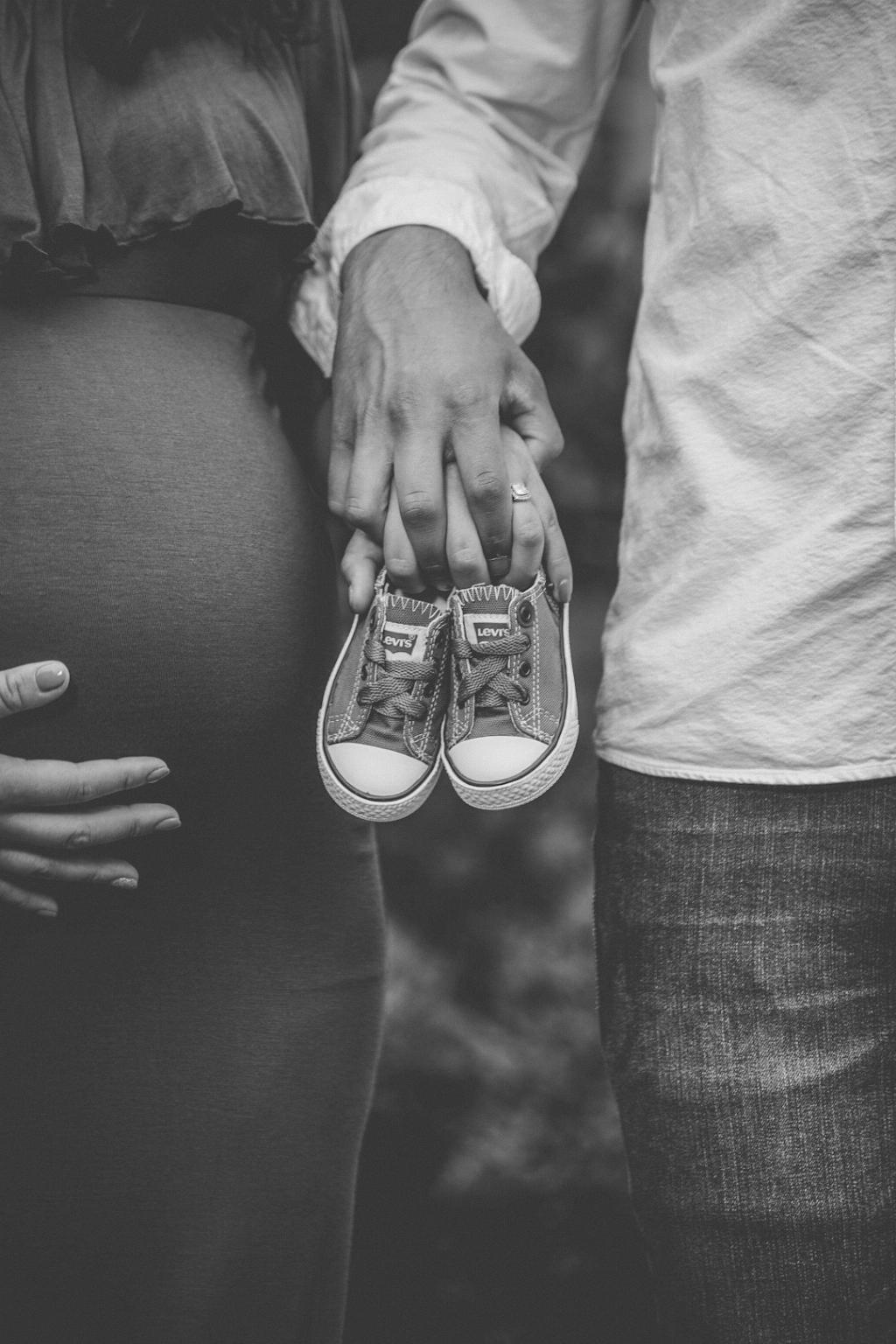As women, our fertility is something that is closely tied to our age. It’s a fact that our bodies are most fertile during our late teens and early 20s. This is when the chances of getting pregnant are at their highest. However, as we age, particularly after hitting the age of 30, fertility starts to decline gradually.
The Impact of Age on Conception
After the age of 30, the decline in fertility becomes more noticeable. By the time a woman reaches her mid-30s, the rate of decline increases even further. This means that the chances of conceiving naturally also decrease as one gets older. By the age of 45, the fertility decline is so significant that it becomes highly unlikely for a woman to get pregnant without medical intervention.
Factors Affecting Fertility After 30
There are several factors that contribute to the decrease in fertility after the age of 30. One of the key reasons is the quality of a woman’s eggs. As women age, the number of eggs in their ovaries decreases, and the remaining eggs may not be as healthy or viable for conception.
Challenges of Conceiving After 30
It’s not just the quality of eggs that poses a challenge for conceiving after 30, but also other factors such as a decrease in hormonal levels. As women age, hormonal changes can affect the ovulation process, making it harder to predict the most fertile days in the menstrual cycle.
Medical Interventions for Fertility
For women who are struggling to conceive after the age of 30, there are various medical interventions available that can help. These range from fertility medications to assisted reproductive technologies such as IVF (In Vitro Fertilization).
Emotional Aspects of Fertility
It’s important to acknowledge the emotional impact that fertility struggles can have on women. The pressure to conceive before a certain age, combined with the challenges of age-related fertility decline, can lead to feelings of stress, anxiety, and disappointment.
Age and Male Fertility
While much of the focus is often on female fertility and age, it’s also worth noting that male fertility can be affected by age. As men get older, the quality of their sperm may decline, which can also impact their ability to conceive with a partner.
Financial Considerations for Fertility Treatments
It’s essential to recognize that fertility treatments, especially advanced procedures like IVF, can be costly. This financial aspect is something that couples need to take into account when exploring options for conceiving after the age of 30.
Importance of Seeking Professional Advice
For couples who are struggling to conceive after 30, seeking professional advice from a fertility specialist is crucial. A fertility doctor can provide personalized guidance and recommend the most suitable treatment options based on individual circumstances.
Lifestyle Factors and Fertility
Healthy lifestyle choices can also play a significant role in fertility after the age of 30. Factors such as maintaining a balanced diet, staying physically active, avoiding smoking and excessive alcohol consumption, and managing stress can all positively impact fertility levels.
Support Networks for Fertility Challenges
Dealing with fertility struggles can be emotionally draining, which is why having a support network in place is essential. Whether it’s friends, family, or online communities, having a support system can provide much-needed emotional support during the journey towards conception.
Conclusion
In conclusion, fertility after the age of 30 does present its challenges due to the natural decline in reproductive health that comes with age. However, with advancements in medical science and various treatment options available, it is possible for many women to conceive successfully even after the age of 30. By understanding the factors that influence fertility and seeking professional guidance, couples can navigate the journey of conception with hope and optimism.

